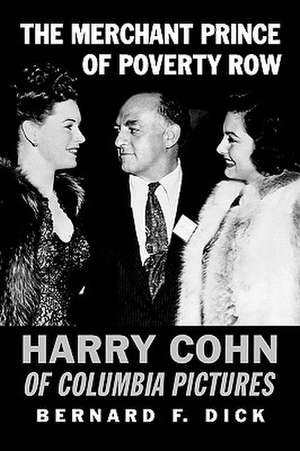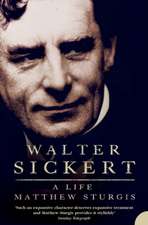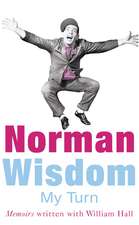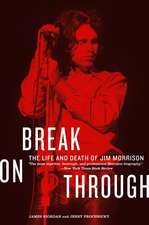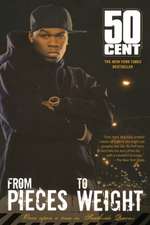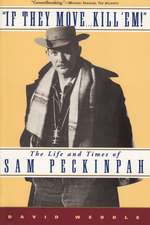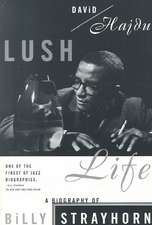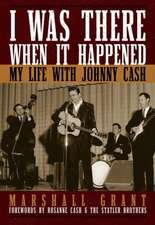The Merchant Prince of Poverty Row
Autor Bernard F. Dicken Limba Engleză Paperback – 8 oct 2009
Ben Hecht called him "White Fang," and director Charles Vidor took him to court for verbal abuse. The image of Harry Cohn as vulgarian is such a part of Hollywood lore that it is hard to believe there were other Harry Cohns: the only studio president who was also head of production; the ex-song plugger who scrutinized scripts and grilled writers at story conferences; a man who could look at actresses as either "broads" or goddesses. Drawing on personal interviews as well as previously unstudied source material (conference notes, memos, and especially the teletypes between Harry and his brother Jack), Bernard Dick offers a radically different portrait of the man who ran Columbia Pictures -- and who "had to be boss" -- from 1932 to 1958.
Preț: 336.09 lei
Nou
64.31€ • 68.77$ • 53.62£
Carte tipărită la comandă
Livrare economică 18 aprilie-02 mai
Specificații
ISBN-10: 0813193230
Pagini: 248
Dimensiuni: 226 x 150 x 15 mm
Greutate: 0.36 kg
Editura: University Press of Kentucky
